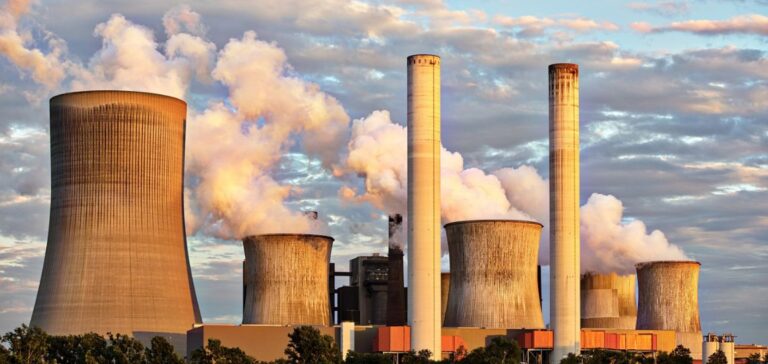EDF’s West Burton A, located in Nottinghamshire, will be home to the UK’s first prototype fusion power plant.
Announcement of a reconversion
West Burton, on the statement of the Secretary of State for Business, Energy and Industrial Strategy, begins its final winter. The decision of London announced, in early October, follows a decision to close the plant. Indeed, the British authorities wish to supply the United Kingdom with electricity as soon as possible.
Shortly after the announcement, the UK Atomic Energy Agency (UKAEA) organized an event at the site. The UKAEA gave more details on the fusion technology as well as the prototype reactor built on site. On this occasion, the organizer unveiled an artist’s impression to present the future site.
A project of local importance
Andy Powell, EDF’s West Burton plant manager, comments on the announcement:
“Our team on site, and across EDF Generation, have worked tirelessly to get this project right, which we could not have done without our colleagues in the local community, industry, education and local, parish and county councils. Moving from fossil to fusion technology is an exciting prospect that is directly linked to the company’s goal of helping Britain achieve net zero. This project will also secure jobs in the local area for decades to come. Our commitment to a just transition for coal-related workforces and communities has come to fruition and I look forward to seeing it all come to fruition.”
It will be April 2023 before the site is decommissioned. Once dismantled, the West Burton site will begin its conversion.
From then on, the UKAEA will pursue its goal of merger. This step will stimulate investment and job creation in the region. Finally, West Burton will contribute to the UK’s net zero targets.






















